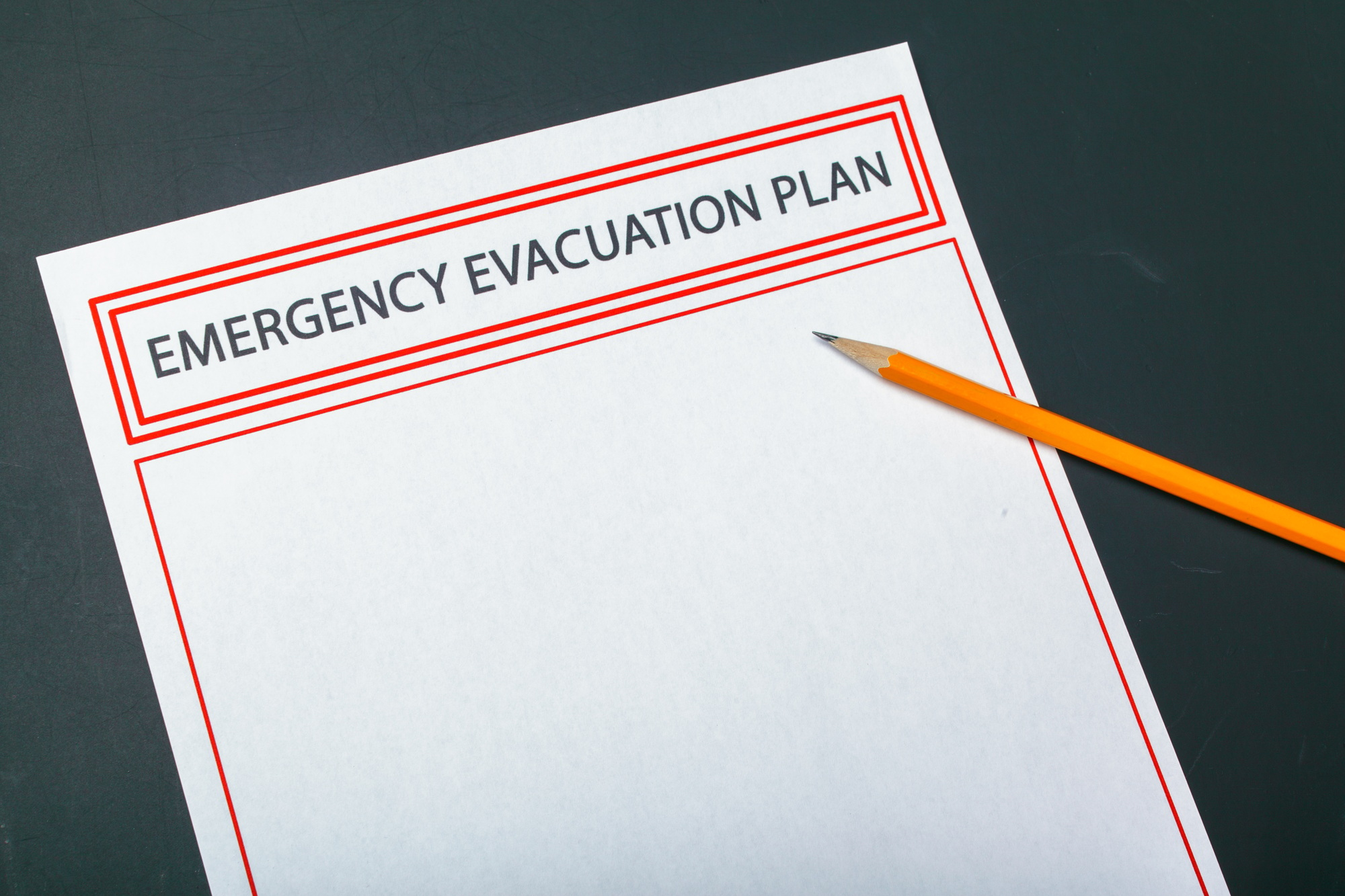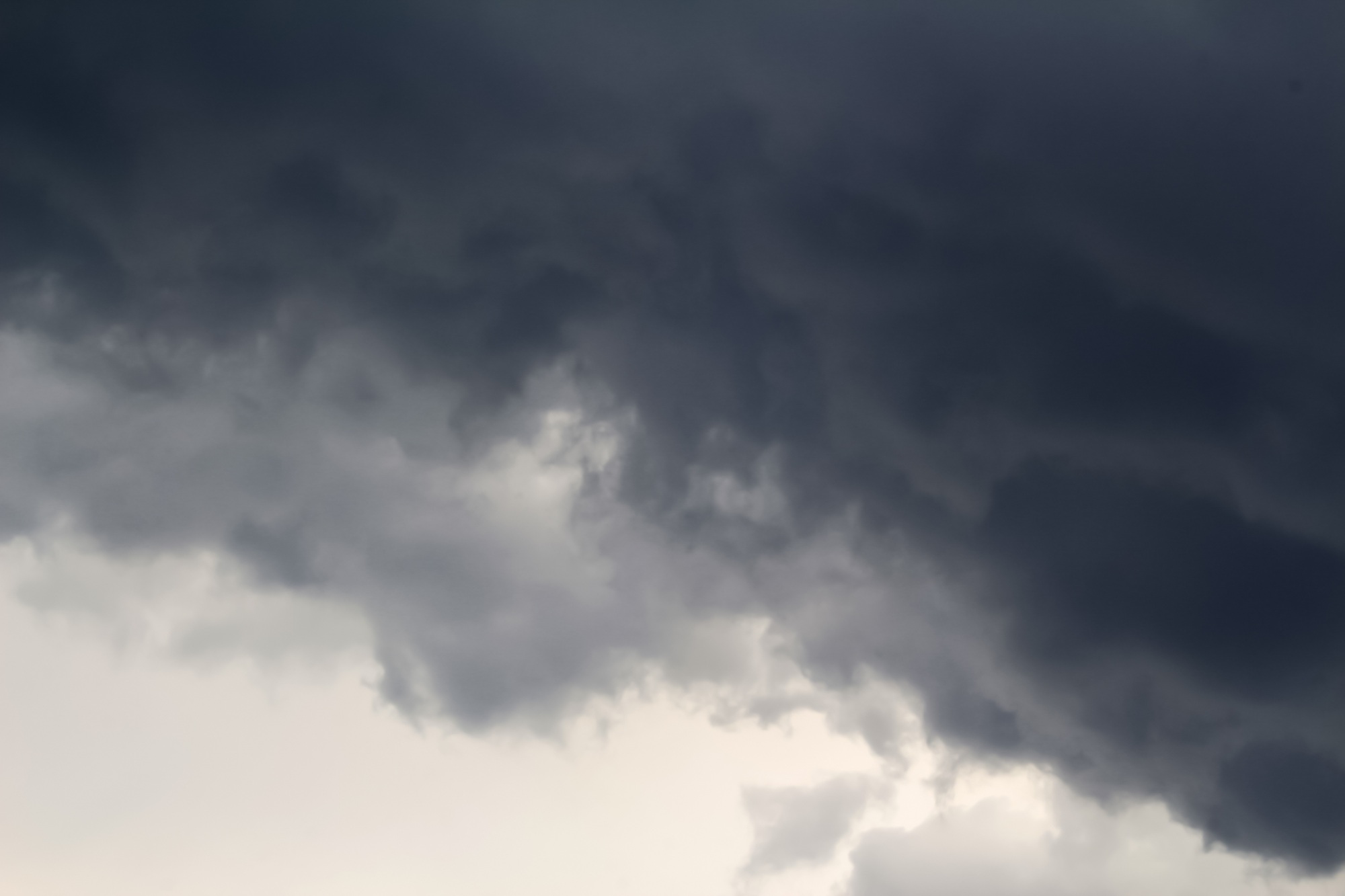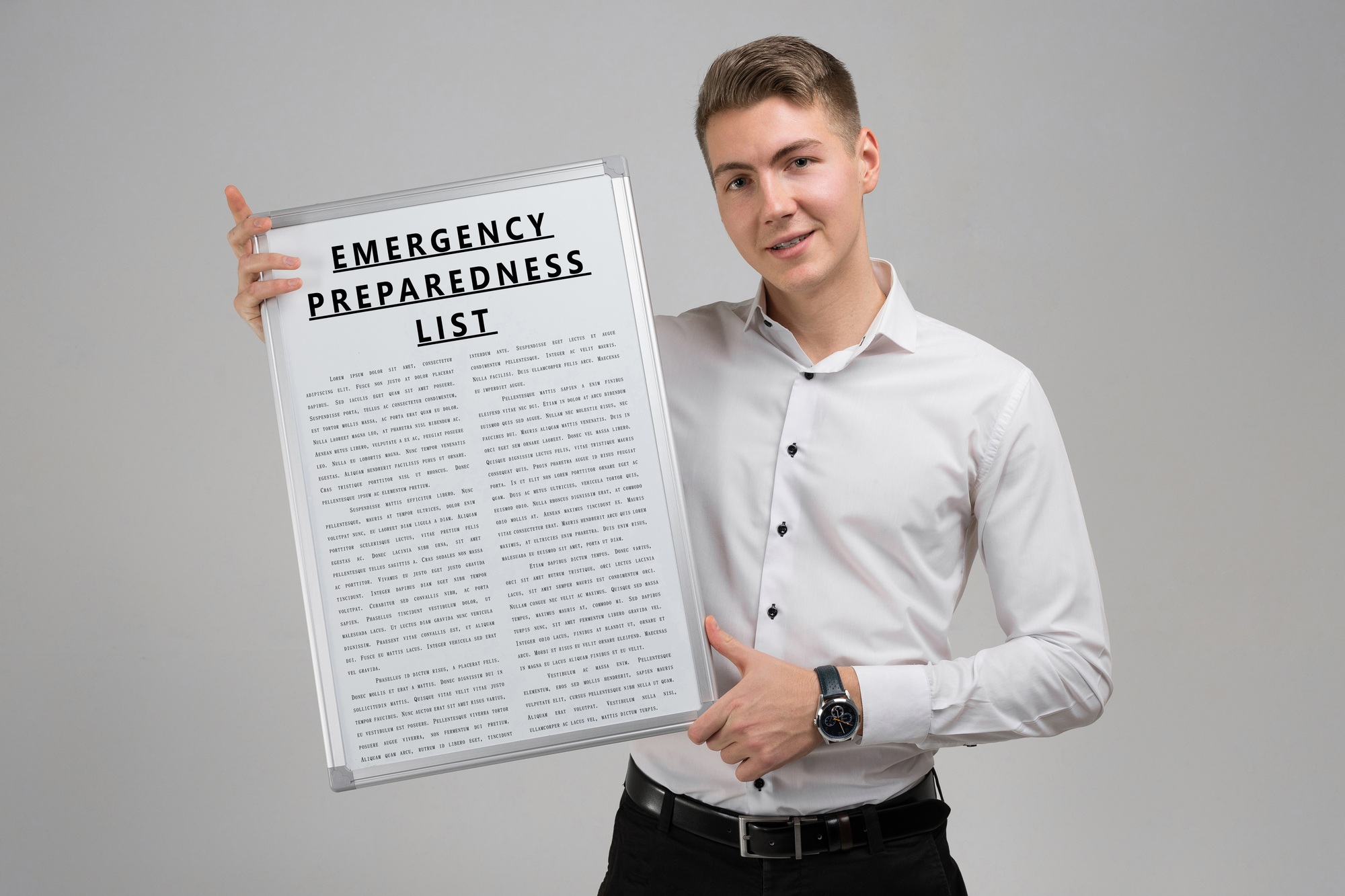Key Takeaways

- Essential Supplies: Prepare a kit with a 7- to 14-day supply of non-perishable food, water, first aid supplies, and essential tools to mitigate emergencies.
- Emergency Plans: Establish clear communication protocols and evacuation procedures to ensure organizational readiness during a storm.
- Personalization of Checklist: Tailor your hurricane preparedness checklist based on your specific business needs and challenges to maximize effectiveness.
- Regular Updates: Review and revise your checklist at least twice a year to adapt to changes in operations, staff, or location.
- Stay Informed: Monitor reliable sources like the National Hurricane Center and NOAA for timely information and emergency alerts to protect your business assets.
- Training Employees: Conduct safety training for staff to enhance understanding of emergency protocols and responsibilities during hurricane events.
When hurricane season rolls around, being prepared can make all the difference. A well-thought-out checklist is your best ally in ensuring you and your loved ones stay safe when the storm hits. Knowing what to gather and how to plan ahead can ease the stress and chaos that often accompany such natural disasters.
From essential supplies to important documents, having a comprehensive hurricane preparedness checklist helps you stay organized and ready. It’s not just about weathering the storm; it’s about safeguarding your home and your family. Let’s dive into the key elements you need to include in your checklist to face any hurricane with confidence.
Importance Of Hurricane Preparedness

Hurricane preparedness is crucial for small businesses, as storms can disrupt operations and cause significant financial loss. Being ready helps you protect your employees, customers, and assets. A thorough checklist ensures that you gather critical supplies, secure your physical location, and establish communication plans.
Preparedness reduces panic during emergencies. When you have a clear plan, you can react efficiently and minimize damage. Training staff on safety protocols enhances their confidence in handling emergencies. Remember to keep essential documents, such as insurance policies and employee information, readily accessible.
Investing time in hurricane preparedness conveys a commitment to safety. Customers appreciate businesses that demonstrate responsibility, fostering loyalty and trust. Equip your small business with tools and resources to weather any storm confidently.
Key Components Of A Hurricane Preparedness Checklist

A hurricane preparedness checklist is vital for small businesses. Being organized and ready can safeguard your assets, employees, and customers during a storm.
Essential Supplies
Include these essential supplies in your hurricane preparedness kit:
- Water and Food:
- A 7- to 14-day supply of non-perishable food.
- At least one gallon of water per person per day for 7 to 14 days.
- Special needs foods, baby food, and pet food.
- A manual can opener, metal pots and pans, cooking utensils, and a camp stove.
- First Aid and Health:
- A first aid kit with basic medical supplies.
- Medications for at least 7 days.
- Important medical records, health insurance cards, and any necessary medical devices.
- Lighting and Power:
- Flashlights, extra batteries, and a battery-powered or hand-crank radio, preferably a NOAA Weather Radio.
- Lighters, candles, and lanterns—use safely.
Emergency Plans
Develop comprehensive emergency plans to ensure your small business can respond promptly during a hurricane:
- Communication:
- Establish a clear communication plan to keep employees informed.
- Use multiple channels, such as emails, text messages, and social media.
- Evacuation Procedures:
- Create and disseminate evacuation routes based on your location.
- Assign roles to employees for coordinating the evacuation process.
- Business Continuity:
- Identify critical operations and maintain contact with key stakeholders.
- Implement backup systems to protect sensitive data and customer information.
Being proactive with these elements significantly enhances your ability to maintain business continuity and safeguard your resources during operating disruptions.
Creating Your Hurricane Preparedness Checklist

Preparing a thorough checklist is essential for safeguarding your small business during hurricane season. A well-tailored checklist ensures you’re equipped to handle emergencies and protect your assets.
Personalizing Your Checklist
- Identify your specific needs. Consider the type of business you run and the unique challenges you face during a hurricane.
- Compile essential supplies, such as a 7- to 14-day stock of non-perishable food and water, keeping in mind that one gallon per person per day is necessary.
- Gather critical items like a first aid kit, heavy-duty tools, and maintenance supplies to handle potential damages.
- Document contact information for your team, suppliers, and emergency services to ensure clear communication during a crisis.
Regular Updates And Revisions
- Revisit your checklist at least twice a year. Adjust items as needed based on new business operations, changes in staff, or shifts in location.
- Test emergency equipment regularly to ensure it functions correctly, especially power sources and lighting.
- Keep abreast of local hurricane forecasts and warning systems, ensuring swift adjustments to your plans.
- Train employees in safety protocols, ensuring they understand their responsibilities during emergencies.
Being proactive with your hurricane preparedness checklist enhances your ability to navigate storm disruptions confidently, thereby minimizing panic and protecting your small business assets.
Staying Informed During Hurricane Season

Staying informed during hurricane season is vital for small businesses. Utilize reliable resources to ensure you receive timely updates and alerts.
- Monitor Official Sources: The National Hurricane Center (NHC) serves as the primary source for hurricane information, offering predicted storm tracks, wind speed probabilities, and critical updates regarding storm developments.
- Utilize NOAA Resources: NOAA’s tools, like NOAA GOES Satellite Imagery and NOAA’s nowCOAST, provide real-time weather observations, coastal and marine warnings, and forecasts. Engaging with these resources delivers essential information to make informed decisions for your business.
- Sign Up for Emergency Alerts: Sign up for local alerts and warnings to stay updated on developments and evacuation orders. This action enhances your preparedness and ensures you’re aware of necessary steps to protect your employees, customers, and assets.
- Monitor Local News: Regularly check local news and weather reports for updates on storm trajectories and severity. Staying aware enables you to anticipate conditions that could impact your operations.
- Use Storm Tracking Tools: Employ tools like WeatherFlow StormTrack to view the latest predicted paths of identified storms. These tools leverage real-time observations and precision models, helping you stay one step ahead in your planning efforts.
Accessing accurate and timely information allows your small business to develop effective hurricane preparedness strategies, contributing to the safety of employees and the continuity of operations.
Conclusion
Being prepared for hurricane season is essential for your safety and the well-being of your loved ones. A comprehensive checklist not only helps you gather necessary supplies but also ensures you’re organized and ready to act when a storm approaches.
For small businesses, having a tailored preparedness plan can protect your employees and assets while maintaining operational continuity. Regular updates and training are vital in fostering a culture of safety and confidence among your team.
Staying informed and proactive can make all the difference during emergencies. By investing in your preparedness strategies, you’re not just safeguarding your home or business; you’re building trust and loyalty with those who rely on you.
Frequently Asked Questions
What is a hurricane preparedness checklist?
A hurricane preparedness checklist is a comprehensive list of essential supplies and steps that individuals and businesses should follow to ensure safety during a hurricane. It includes items such as food, water, emergency kits, and communication plans to help mitigate risks associated with storms.
Why is hurricane preparedness important for small businesses?
Preparedness is crucial for small businesses because hurricanes can disrupt operations and lead to financial losses. A well-structured plan helps protect employees, customers, and assets, ensuring smoother recovery and continued operation during and after a storm.
What essential supplies should be included in a business’s hurricane checklist?
A business’s hurricane checklist should include a 7- to 14-day supply of non-perishable food and water, a first aid kit, batteries, flashlights, and any necessary communication devices. These supplies will help maintain safety and functionality during a hurricane.
How often should I update my hurricane preparedness plan?
It’s important to review and update your hurricane preparedness plan at least once a year or whenever there are significant changes in your business operations or staff. Regular updates ensure that you remain equipped for new challenges and evolving circumstances.
Where can I find reliable information during hurricane season?
During hurricane season, reliable information can be found from the National Hurricane Center, NOAA, and local news outlets. Signing up for local emergency alerts can also provide timely updates and guidance on storm developments.
How can I train my staff for hurricane emergencies?
Training staff for hurricane emergencies involves conducting regular drills, discussing emergency protocols, and familiarizing them with the preparedness checklist. Providing clear communication on evacuation plans and safety procedures will enhance their confidence during a crisis.
What role does communication play in hurricane preparedness for businesses?
Effective communication is vital in hurricane preparedness. Establishing clear lines of communication ensures that all employees are informed of plans, procedures, and any real-time updates during a storm. This helps reduce confusion and enhances safety.
What are the benefits of investing time in hurricane preparedness?
Investing time in hurricane preparedness enhances safety for employees and customers while minimizing potential damages and losses. It also fosters customer loyalty and trust, showcasing a commitment to safety and effective management of storm-related disruptions.
Image Via Envato: bilanol, traimakivan, LightFieldStudios, tanitost, FabrikaPhoto



